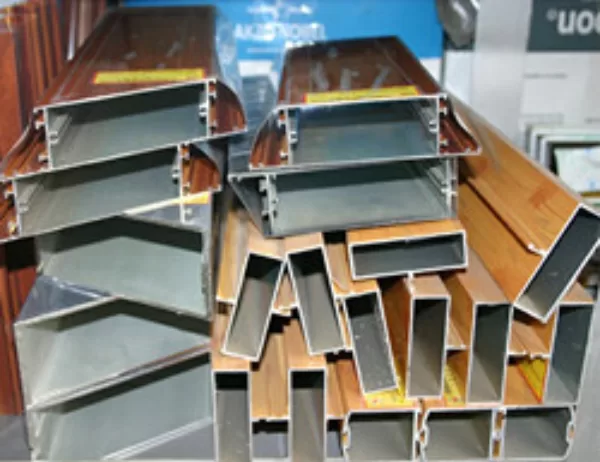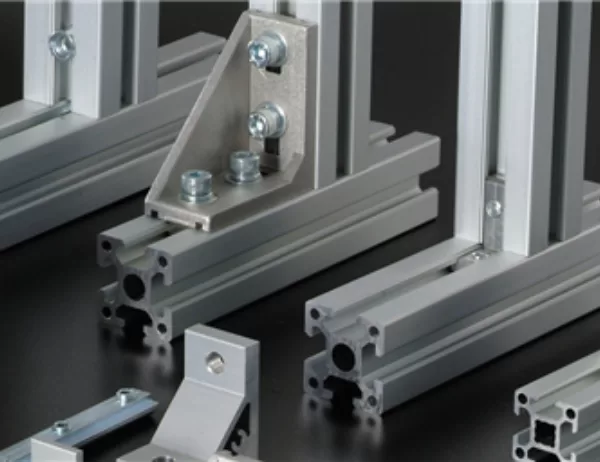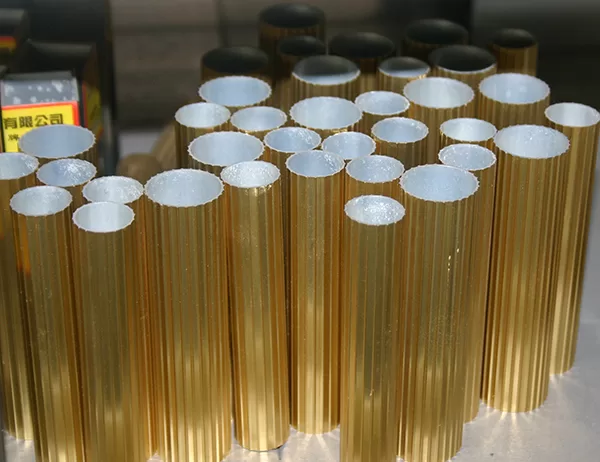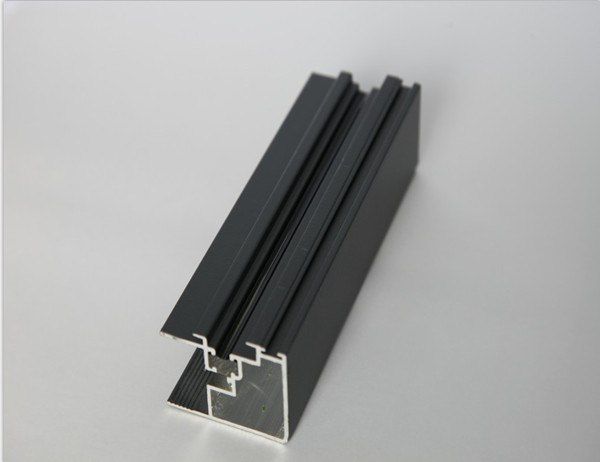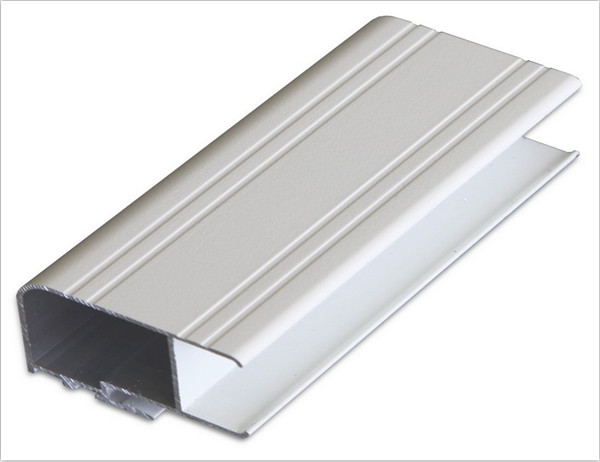Aluminum alloy pipes are widely used in various industries due to their lightweight, strength, and corrosion resistance. However, like any other material, aluminum alloy pipes can deteriorate over time, requiring proper repair and maintenance to ensure their longevity and performance. This article will delve into the essential steps and techniques for repairing and maintaining aluminum alloy pipes, providing valuable insights for individuals and professionals involved in their usage.
Cleaning and Inspection
Prior to any repair work, thorough cleaning of the affected area is crucial. Use a degreaser or cleaning solution specifically designed for aluminum alloy pipes. Inspect the pipe for any visible damage, such as cracks, corrosion, or leaks. Mark the damaged sections clearly for easy identification during repair.
Leak Repair
Minor leaks in aluminum alloy pipes can be repaired using a variety of methods. One common technique involves using a two-part epoxy putty. Clean and dry the leak area, apply the putty to cover the leak, and allow it to cure according to the manufacturer’s instructions. Alternatively, self-adhesive aluminum tape can be used to patch the leak. For larger leaks, a specialized pipe repair clamp may be necessary.
Corrosion Treatment
Corrosion on aluminum alloy pipes can be prevented by applying a protective coating or sealant. Clean the affected area and remove any loose or flaking coating. Apply a compatible paint or sealant specifically designed for aluminum alloy surfaces. Ensure that the coating is applied evenly and allowed to dry thoroughly.
Structural Repair
Significant structural damage to aluminum alloy pipes may require more extensive repair techniques. One method involves welding. However, welding aluminum alloy pipes can be challenging and requires specialized equipment and skills. If welding is not feasible, a repair sleeve or coupling can be used to reinforce the damaged area. The sleeve or coupling should be made of a compatible material, such as stainless steel or aluminum alloy, and properly secured to the pipe.
Maintenance Routine
Regular maintenance is essential to extend the lifespan of aluminum alloy pipes and prevent costly repairs. Inspect the pipes periodically for any signs of damage or corrosion. Clean the pipes as needed to remove dirt and contaminants. Inspect and tighten all fittings and joints to ensure they are securely sealed. If any leaks or damage are detected, address them promptly to prevent further deterioration.
Proper repair and maintenance of aluminum alloy pipes are crucial for their safe and efficient operation. By following the steps outlined in this article, individuals and professionals can extend the lifespan of these pipes, reduce the risk of unexpected failures, and maintain their optimal performance. Remember to use the appropriate tools, materials, and techniques for each repair and maintenance task, and always ensure the safety of yourself and others during these procedures. Regular inspections and preventive maintenance will help to keep your aluminum alloy pipes in good condition, ensuring their continued reliability and service.
